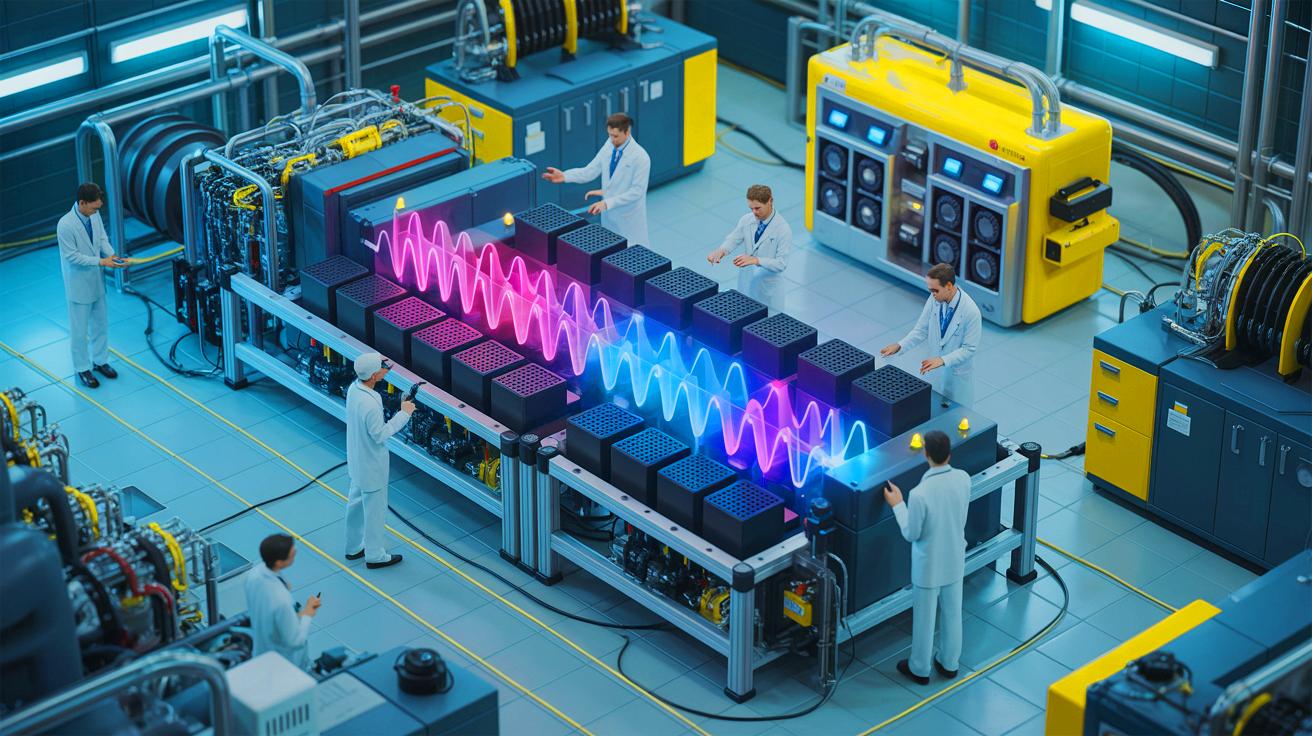Revolutionizing Fuel Cell Recycling with Soundwaves: A Sustainable Breakthrough
Key Ideas
- University of Leicester researchers develop a soundwave-based technique for efficient fuel cell recycling, separating valuable catalyst materials sustainably.
- The method promotes a circular economy for precious metals, enhancing economic viability and addressing environmental challenges.
- Scalable process utilizes organic solvent soaking and water ultrasonication, revolutionizing the recycling of hydrogen-powered energy systems.
- High-intensity ultrasound tool accelerates recycling, reducing energy consumption and making the process environmentally friendly and cost-effective.
The University of Leicester researchers have introduced a revolutionary technique for recycling fuel cells that uses soundwaves to separate valuable catalyst materials from PFAS membranes sustainably. This innovative process promotes sustainability by avoiding harsh chemicals and supports a circular economy for precious metals. The method, developed by the School of Chemistry, revolutionizes the recycling process by enabling the separation of PFAS membranes from essential components like platinum, making clean energy technologies more economically viable. By employing organic solvent soaking and water ultrasonication, the scalable method efficiently separates materials, streamlining recycling and enhancing efficiency. The technique's economic viability and sustainability make it a game-changer in the clean energy sector, addressing pressing environmental challenges and positioning hydrogen-powered energy as a cornerstone for a greener future. The breakthrough has broader implications on environmental sustainability, offering a promising solution to reduce pollution and transition to clean energy. The method contributes to managing PFAS levels and supports global efforts for resource efficiency and sustainability, aligning with ambitious climate goals. As researchers refine and implement this groundbreaking technique, it holds significant potential to transform fuel cell recycling and contribute to environmental protection.
